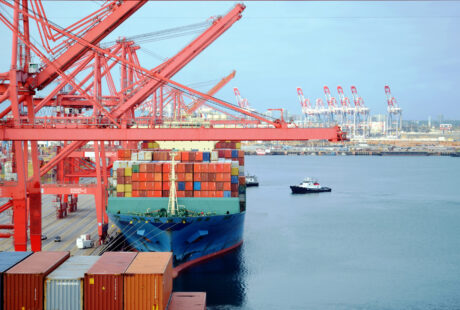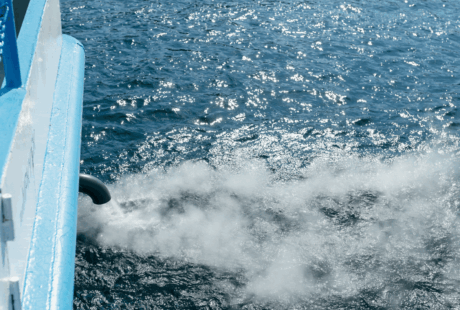Countries must seize the momentum and turn their climate pledges into action at the International Maritime Organization (IMO), which is gathering this week for the 78th session of the Marine Environment Protection Committee (MEPC 78).
The recent reports from the Intergovernmental Panel on Climate Change (IPCC) and the World Meteorological Organization made clear that deep and immediate emission cuts across all sectors are imperative in order to avoid a climate disaster.
Delegates must use MEPC 78 to answer the urgent appeals from climate scientists. This means aligning the IMO’s climate strategy with the Paris Agreement’s temperature goals as soon as possible, including fixing the current, toothless short-term measures to achieve deep emission cuts this decade. Delegates must also ensure a high level of environmental integrity and fairness in any future carbon pricing measure and/or fuel standard.
Global shipping is not yet aligned with the Paris Agreement. The IMO’s current target of “at least 50%” emission reduction by 2050 is wholly insufficient to achieve the 1.5°C climate-heating trajectory. This is in spite of the vast majority of IMO Member States having signed and ratified the Paris Agreement, committing to reducing emissions to keep global heating below 1.5°C.
Countries must bring their national commitments to the IMO, revise the current strategy to halve shipping emissions by 2030 and reach zero-emissions by 2040. This will require adopting additional, robust and ambitious short-term measures — many of which result in significant cost savings — such as slow-steaming, retrofitting vessels with wind propulsion systems and reducing emissions of black carbon.
Posted on: 6 June 2022



